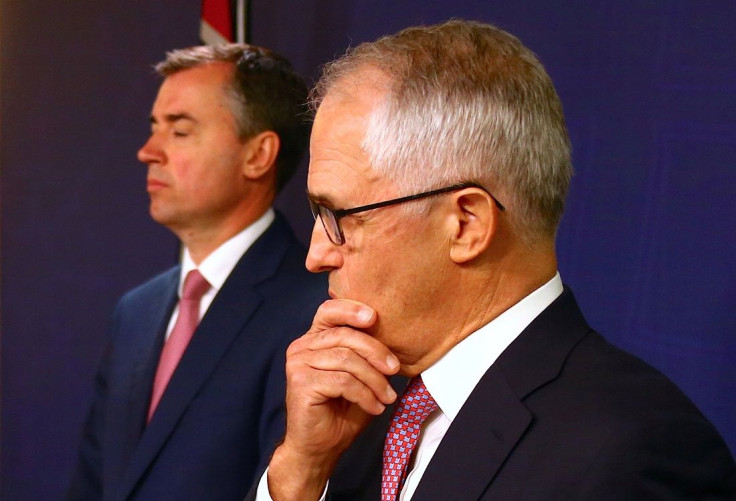Turnbull government pushes Australia and China extradition treaty

Turnbull government has remained committed to pushing the Australia and China extradition treaty even though the Labor opposition did not see new approach on the deal. The government's commitment to ratify the extradition treaty was published by the Xinhua news agency after a private meeting among the ministers of Australia and China.
Attorney general George Brandis and foreign minister Julie Bishop were present during the private meeting with China's central political and legal affairs commission secretary Meng Jianzhu. According to the Xinhua news agency, the talks among the representatives of the China and Australia included the commitment to ratify the extradition treaty. It also included the announcement of the Australian government about the reconfirmation of its intention to proceed the extradition treaty.
"It does remain the policy of the Australian government to move towards the ratification of the extradition treaty with China. We've told the Chinese that, they understand it. This is terribly important, particularly for dealing with transnational crime and with counter-terrorism, " Senator Brandis told Sky News on Monday.
However, a spokesman for Labor's foreign affairs spokeswoman Penny Wong said that the government has not yet approached the Labor to come up with an agreement since abandoning the ratification in the early part of 2017. The spokesman said that the Labor's position has not changed.
Apart from persuading Labor for the ratification of the treaty, the government would also face a parliamentary debate over the extradition proposal. The debate would focus on the disallowance motion that remained on the books. The motion was moved by breakaway Liberal senator Corbreakaway Liberal senator Cory Bernardi.
The treaty was challenged by the Liberals that opposed the treaty. There is a possibility that they would vote in favour of Bernardi's motion. Tasmanian Liberal Eric Abetz and former Prime Minister Tony Abbott objected to the agreement. Abbott said that the treaty should not proceed.
Abbott said that in his judgment, the legal system of China has to evolve further before the Australian government. He said that the system should give people the confidence that those who backed it up would receive justice according to law.
Although the extradition has not yet finalised, the two countries were binded by an agreement regarding cyber attacks. The two countries agreed that they would not launch or support cyber attacks that aimed in stealing intellectual property from each other. Prime Minister Malcolm Turnbull and Bishop said in a joint statement that neither country would conduct or support cyber-enabled theft of intellectual property to obtain a competitive advantage. The U.S. and China have a similar cyber-attack agreement.
Planet America: Trump's romance with China
ABC News (Australia)/YouTube





















